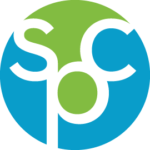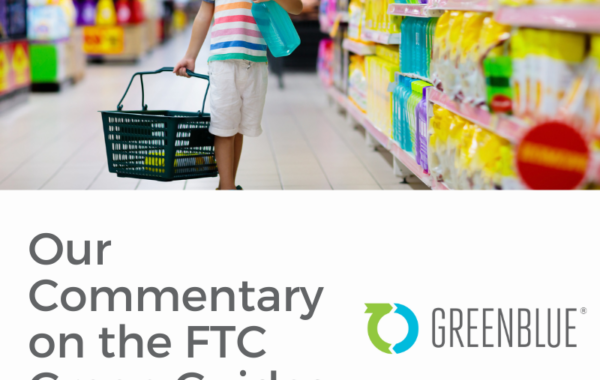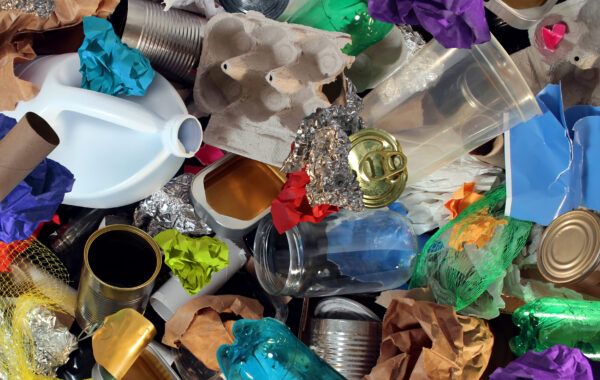October 17, 2018
One highlight this year at SPC Advance was a panel discussion entitled “A Fix for Your Daily Coffee Fix,” that included a lively discussion around the rapidly evolving, but longstanding discussion on paper coffee cup recyclability. Panelists included Rebecca Zimmer, Global Director of the Environment at Starbucks Coffee Company, Bridget Croke, VP of External Affairs at Closed Loop Partners, Rhea Hale, Director of Public Policy for WestRock, Jay Hunsberger, VP of Sales for North America at Sustana, and Markku Hämäläinen, CEO of Kotkamills Oy.
Very few coffee cups, or hot beverages cups more broadly, get effectively recycled today, and this has been a hot button issue that the industry has had a long journey with. Most hot cups are coated with a thin plastic (normally polyethylene) lining to prevent leaks, which historically has been viewed as difficult for recycled paper mills to process. In addition, the cups can be contaminated with beverage residue. Key questions, therefore, emerge, like how do we upgrade and retrofit mills to process these cups and who pays for this? Or, do the cups need to be designed differently to fit into existing infrastructure better?
One myth the panelists wanted to debunk was that coffee cups are not recyclable. Indeed, the technology does exist today to process coffee cups with plastic coating. Both WestRock and Sustana have technologies that can recycle poly-coated cups through different batch and continuous pulping techniques at a select number of their facilities today. Mill locations that are currently accepting food waste packaging include Aurora, IL; Battle Creek, MI; Chattanooga, TN; Dallas, TX; Eaton, IN; Missiquoi, VT; Saint Paul, MN; Stroudsburg, PA. However, most de-inking pulp mills lack the technology to process these, and some mills have been historically reluctant to accept food packaging. In addition, most communities do not collect paper coffee cups for recycling. An important consideration in calling something recyclable includes widespread access to collection and processing technology, which coffee cups do not yet have.
In its continuing efforts to scale paper cup recycling, WestRock made the exciting announcement at SPC Advance that 8 of its recycled paperboard mills will now be accepting foodservice packaging, including cups, in mixed paper bales. This is a remarkable move, especially given the uncertainty of current recycling markets for mixed paper. In addition, Westrock accepts foodservice packaging at two of Material Recovery Facilities (MRFs). They have a goal to increase community access to recycling for foodservice packaging and recycle more foodservice packaging to feed their mills.

“While it is true that many recycling programs have been adversely affected by China’s ban on imported mixed paper, there are many domestic paper mills that have always utilized mixed paper…and continue to do so. In fact, it is more important than ever that domestic paper mills utilize mixed paper of all types”. — Rhea Hale, Director of Public Policy for WestRock
Another aspect of the definition of recyclability includes end markets. If a material is recycled but no one wants to buy it, is it really recyclable? From that lens, SPC Advance attendees also heard another great announcement during the session. Starbucks and Sustana announced a new collaboration, called Cup to Cup: Closing the Loop, which aims to collect Starbucks cups, process them using Sustana’s proprietary technology, and use the reclaimed fiber to make new Starbucks cups. Rebecca Zimmer from Starbucks noted during the panel that a major lesson they have learned from past efforts includes the need to work with suppliers to engineer cup recoverability solutions as well as the need to help drive markets to recover more cups by using that material themselves. Starbucks has a goal is to double the recycled content, the recyclability, and the reusability of their cups by 2022.
Scaling recycling infrastructure, however, is only one side of a multi-pronged solution to paper cup recoverability. There are also notable developments in the innovation of the design of the cups themselves. Some new generation coatings, such as water-based coatings, are recyclable at conventional paper mills and are seen as very promising design development. Kotkamills Oy highlighted ISLA, their aqueous coating solution for coffee cups, and how these are easier to recycle than poly-coated cups. Markku from Kotkamills also highlighted a specialized collection system they use for cups, including recycling receptacles with cup-shaped holes to prevent contamination and clearly communicate to consumers they should recycle their cups. Such specialized collection receptacles offer promise for coffee retail outlets and events.
The Next Generation Cup Challenge hosted by Closed Loop Partners is looking for these kinds of existing and new innovations for coffee cups. During the panel, Bridget Croke emphasized that they are looking at solutions across the whole cup system, including the cup design itself as well as recovery systems, and new scalable business models. They try to plan for the system of the future, not just the system of today. Also announced during SPC Advance was that Coca Cola and Yum Brands have joined the Cup Challenge, in addition to Starbucks and McDonalds.
Overall the “A Fix for your Daily Coffee Fix” panel resulted in a meaningful discussion full of exciting announcements of action related to this topic. We don’t have the fix just yet, but momentum is strong and we are on our way.





